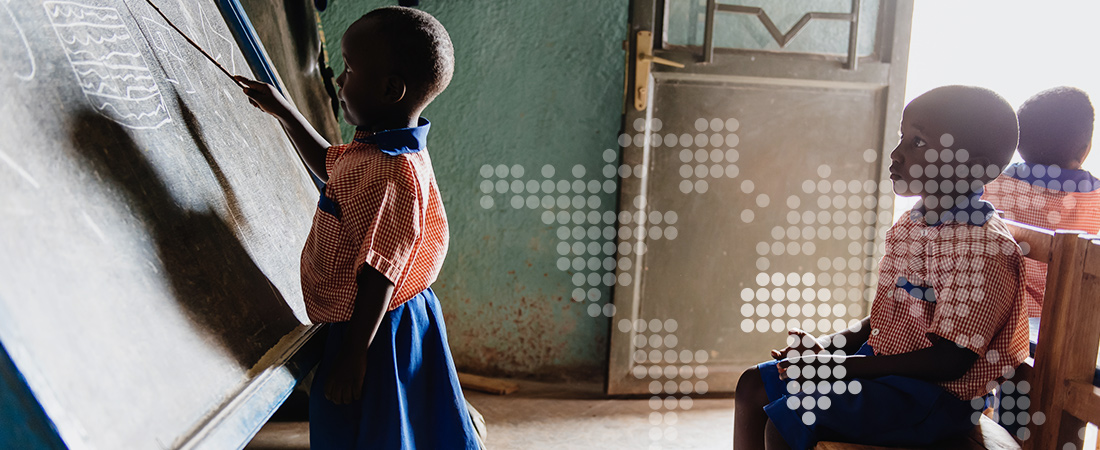
With a wave of investment transforming Africa’s educational, economic, and physical infrastructure, a bright future lies ahead for the continent’s 1 billion people. But realizing this promise will require innovative solutions to some persistent challenges, including conflict, illiteracy, and health crises.
EDC is committed to improving the lives of people across Africa. Our programs build entrepreneurship and economic opportunity, support ambitious education reform efforts, and develop solutions to pervasive public health issues, including HIV/AIDS. Across all of our work, we consult regional partners to create meaningful, effective programs that are informed by local contexts and are designed to be sustainable long into the future.
Projects
Resources
Young people around the world are landing jobs and founding businesses thanks to EDC’s workforce preparation programs. Phoebe Iragena, a young woman from Rwanda, is just one participant who is making use of her new skills. She recently opened her own clothing shop in Kigali.
EDC’s basic education programs in low-resource contexts support the development of learners who can use language to explain and analyze the world around them and who have the foundational skills to think critically and solve the range of problems they will encounter in school and life.
This report details the key accomplishments and highlights of the USAID Mali Out-of-School Youth Project (PAJE- Nièta).
Science skills and habits of mind are the missing elements of the foundational skills package, and their addition to the mix can accelerate education recovery and reform. In the context of climate change, these skills are even more critical. This report makes the case for investment in primary science as a foundational skill set in low-resource contexts.
Save Our Future, a global coalition, rallied diverse voices amid the COVID-19 pandemic, emphasizing the vital link between education and the United Nations (UN) Sustainable Development Goals.
This report summarizes the findings of an entrepreneurship study conducted by the United States Agency for International Development (USAID) Huguka Dukore Akazi Kanoze (HD
This report presents results of the endline literacy and mathematics assessments conducted in October 2016.
This final report for the Akazi Kanoze 2 (AK2) project in Rwanda summarizes the project's outcomes and outlines the priorities for sustainability.
Overview of EDC's higher education institution experience providing market-relevant job skills for youth, resulting in successful entry points into the world of work.
The USAID Huguka Dukore activity is a 5-year (December 9, 2016-December 8, 2021) youth employment program that will provide 40,000 out-of-school youth, including 34,000 new youth and 6,000 Akazi Kanoze alumni, with market-relevant employability skills and pathways to new or better employment.